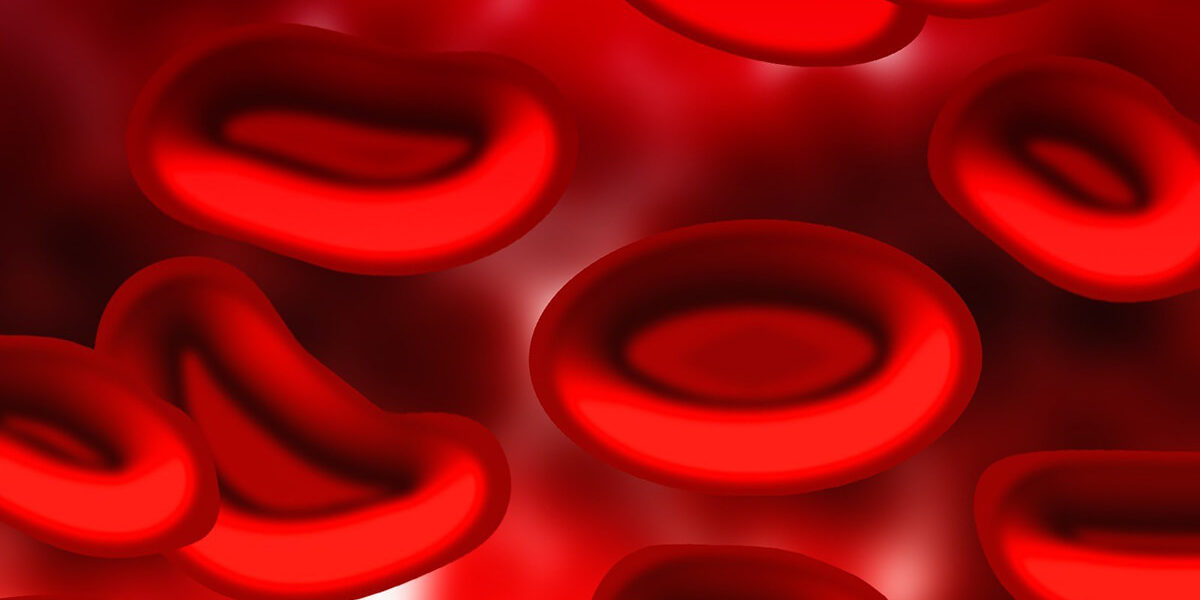You probably know that varicose veins are unsightly and that they occasionally cause discomfort, but did you know that they could also point to a more serious health problem? In extreme cases, varicose veins can be a sign of blood clots, either superficial vein thrombosis, or the more dangerous deep vein thrombosis, which can be fatal.
Varicose veins and blood clots
People afflicted with varicose veins will notice bulging or twisted veins beneath the surface of the skin, and these obstacles can lead to sluggish blood flow. When blood flow slows, it can cause blood clots. When close to the skin, clots are considered “superficial” and not life-threatening, but slowed blood flow in deeper veins is much more serious. If a piece of the clot breaks off or travels through the bloodstream and up to the pulmonary arteries, it can lodge in the lungs and cause a fatal blood clot (pulmonary embolism).
Deep vein thrombosis
While varicose veins primarily affect veins close to the surface of the skin, their existence could indicate similar problems deeper under the skin that should be identified as soon as possible. A study published in the Archives of Dermatology in 2009 indicated that one in four patients with superficial vein thrombosis also had a deep vein thrombosis. Symptoms of deep vein thrombosis include pain, redness, warmth, and tenderness around the affected vein, along with swelling and redness of the affected limb.
Risk factors for varicose veins and blood clots
Varicose veins tend to run in families as an inherited condition, and other factors may increase pressure in the veins and contribute to the formation of varicose veins. These factors include obesity, older age, pregnancy, smoking, sedentary lifestyle, and leg injury. Women tend to be more susceptible to varicose veins than men. It’s important to note that contraceptive pills are not only an additional risk factor for varicose veins, but they also put women at additional risk for blood clots. Other risk factors for blood clots specifically include immobility, genetics, and injury to veins or adjacent tissues.
Diagnosis and treatment of deep vein thrombosis
Your doctor can diagnose deep vein thrombosis with blood tests and confirm with ultrasound or other imaging tests. Treatment typically involves blood-thinning medications or an inferior vena cava filter if the patient cannot take anticoagulants for other medical reasons.
We offer comprehensive care
At San Diego Varicose Vein Treatment Center, we offer treatment options for the treatment of varicose veins. If you have moderate to severe varicose veins and you’re worried about their deeper health indications, we can help. When you come to us, not only do you get a treatment plan customized just for you, but you also get the peace of mind that comes from knowing you’re in the hands of a highly skilled and experienced cardiologist, Dr. Behzad Taghizadeh. Give us a call to schedule your consultation today.






